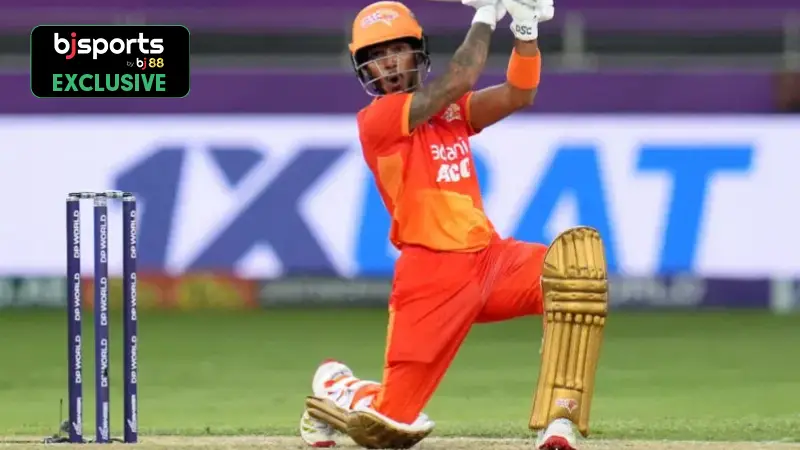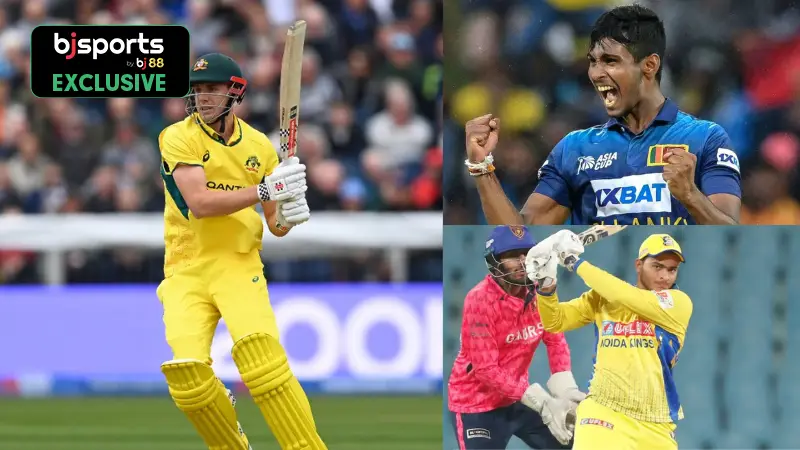
For one brief moment in the lights of Lahore, it appeared that David Warner was about to write a vintage extract. The Kings, spurred on by his rapid 75 from 52 balls, hurtled to a respectable 190/8 – a score almost deemed par by PSL standards. But if there was one thing this Eliminator told us, it was that the Qalandars don’t just chase down targets, they devour them. With eight balls to spare and the dugout appearing as though they had all just won a first-round Fight club fight, Captain Warner’s season had come to an abrupt end.
A Mid-Innings Meltdown That Cracked the Foundation
The first crack in Karachi’s defense came in the form of an apparent batting blueprint (without a blueprint). Though Warner was playing the anchorman-attacker role, the supporting cast all looked as if they were auditioning for a ‘greatest hits’ of soft dismissals. Vince’s 4 off 9 was the equivalent of a buffering YouTube clip, and Saad Baig’s 11 was indiscernible with the advent of Haris Rauf’s pace as it was swallowed like a dot in a black hole.
Wickets fell at regular intervals, especially in the middle overs, and Karachi turned what could have been a 210+ into a good—but not great 190. When Warner departed with the innings at 140/5 in the 16th, momentum did a 180, and the last 4 overs were in loss of three wickets and 50 runs for the Kings. In a knockout game, that is not enough fuel in the death-over tank.
Abdullah Shafique—The Silent Wrecking Ball
But let us not pretend that this was solely Karachi. Here comes Abdullah Shafique, the man who looks like he plays even more relaxed than the monk and strikes more like a street fighter in Gawalmandi. That 65 off 35 was not just a knock, it was the ultimate exorcism of Karachi’s hopes. Shafique was merciless against Abbas Afridi and Mohammad Nabi, and that was the key. He never allowed the bowlers to find any rhythm in their first three overs.
Shafique managed to change the game in those five overs between the 10th to the 15th over, where Lahore scored 59 runs and broke the back of the chase. Hasan Ali finally got him out with a slower ball, but the damage had been done – Karachi were left chasing shadows at that point.
Tactical Head-Scratching and a Bowling Strategy Gone Rogue
No scalps, just scars—Abbas Afridi’s overs felt more like confidence-boosting workshops for batters. It was as if his bowling compass had gone missing en route to the ground. Mohammad Nabi, while he used to be a master of control in the T20 format, looked very much mortal today, and went for 9.25 an over.
The captaincy, or mismanagement of the captaincy, was even more puzzling. For example, Fawad Ali took the prized wicket of Fakhar Zaman and then also bowled with considerable control, yet Ali only had 3 overs. Salman Mirza and Zaman Khan both had decidedly poor irrigation days with the ball, and were not attacked tactically until far too late. It was like Karachi was trying to bowl without a plan, merely in the hope.
In the end, the Kings were not outclassed; they were out-thought, out-hit, and out of the tournament, definitely, but for them as a finalist. Lahore’s chase was a masterclass in misdirection — sharp, steady, and sly, like a con artist who knows exactly when to strike. The Kings do not have any finishing flair, it is not a surprise with the strategic confusion and Shafique’s tempestuous batting.
Disclaimer: This Exclusive News is based on the author’s understanding, analysis, and instinct. As you review this information, consider the points mentioned and form your own conclusions.
For more exclusive updates, visit BJSports to access Exclusive News that is only for you, incisive analysis, and updates, and to keep up with all of the latest information on your favorite remarkable cricket players and teams. To ensure you never miss out, join in on the fun right away!
 ILT20 2025: Predicting Gulf Giants XI for match 18
ILT20 2025: Predicting Gulf Giants XI for match 18 IPL 2026 Auction: 3 most expensive buys
IPL 2026 Auction: 3 most expensive buys ILT20 2025: Predicting top 3 player battles for match 18
ILT20 2025: Predicting top 3 player battles for match 18 IPL 2026 Auction: Top 3 steal deals
IPL 2026 Auction: Top 3 steal deals

